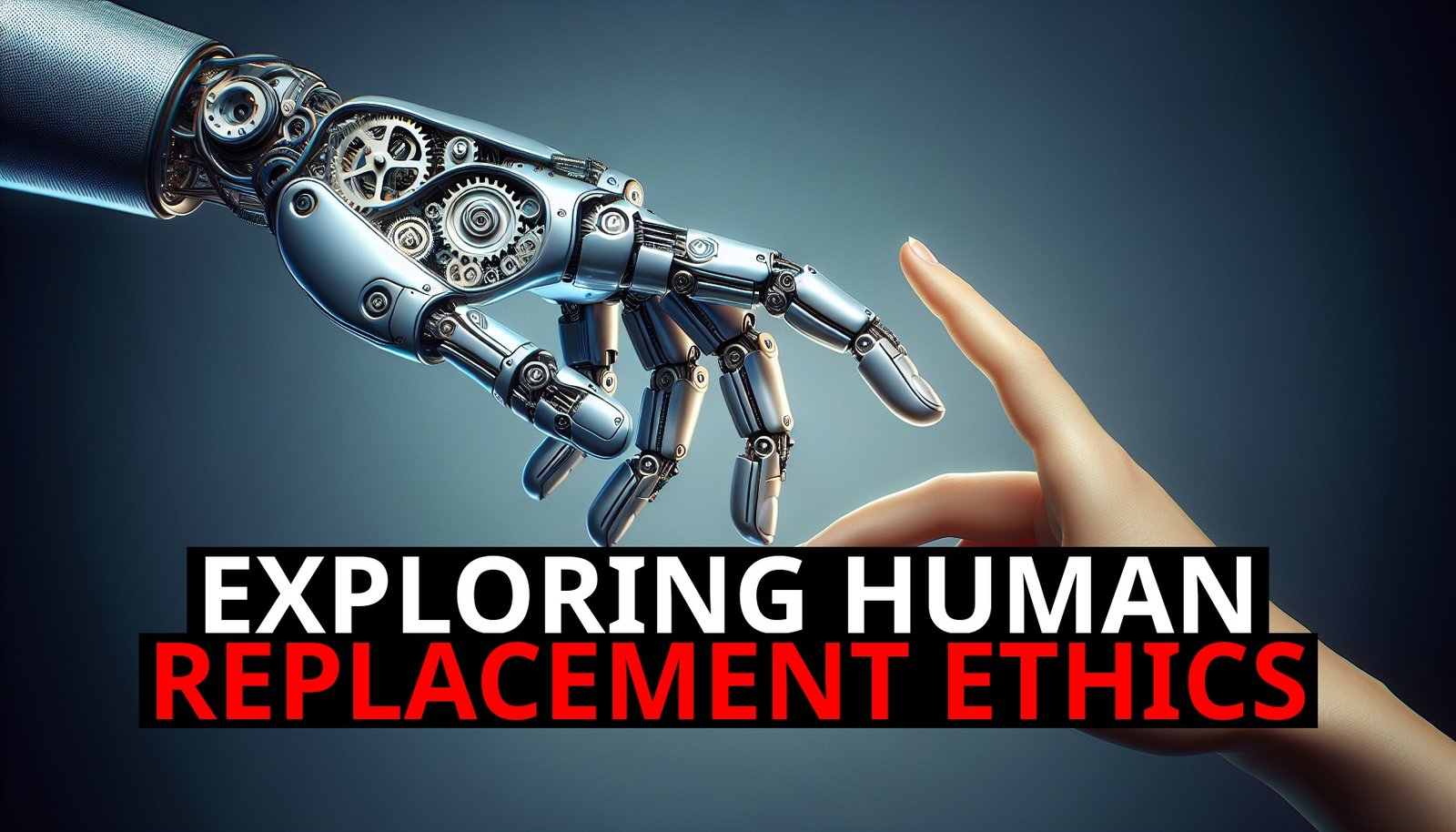Imagine a world where your co-worker, your doctor, or even your best friend isn’t human but a perfectly engineered clone or robot. They look like us, talk like us, and even think like us—but are they truly one of us? As we edge closer to making this science fiction scenario a reality, the ethical dilemmas surrounding cloning and robotic replacements become impossible to ignore. What are the moral implications of replacing humans with technology? And what can we learn from the stories that have explored these issues? Let’s dive into the ethical questions raised by cloning and robotics, drawing lessons from films like The 6th Day and beyond.
The Devaluation Of Human Life
One of the most pressing ethical concerns with cloning and robotic replacements is the potential devaluation of human life. When technology advances to the point where we can replicate a person—whether through cloning or creating highly advanced robots—we risk reducing humans to nothing more than replaceable parts. This raises the disturbing question: If a person can be cloned or replaced, what value does their individual life hold?
In The 6th Day, we see a world where cloning technology allows people to be “reborn” after death, essentially continuing their lives as if nothing happened. But this raises an ethical dilemma: Is the clone truly the same person, or merely a copy? The original person still dies, and with them, their unique consciousness and experiences. The clone, no matter how identical, is a new individual. This challenges our understanding of what it means to be irreplaceable and questions whether life can be boiled down to just memories and physical appearance.
The Problem Of Consent And Autonomy
Another critical ethical issue is the question of consent and autonomy. When we create a clone with someone’s memories and personality, does that clone have the same rights as the original person? Should they be allowed to make their own choices, or are they bound by the expectations of their creators?
In the context of robotics, this dilemma becomes even more complex. Robots, unlike clones, are often designed with specific purposes in mind. They might be programmed to perform certain tasks or behave in certain ways, but does this strip them of autonomy? If a robot becomes advanced enough to think and feel, do they have the right to choose their own path, or are they forever bound by their programming?
These questions force us to confront the moral implications of creating beings—whether cloned humans or robots—who may not have full control over their own lives. It challenges us to consider whether we are infringing on their autonomy and what responsibilities we have as their creators.
The Ethics Of Playing God
The act of creating life, whether through cloning or robotics, also raises the ethical issue of “playing God.” When we take on the role of creators, we assume a level of control over life itself. This power can be intoxicating but also dangerous. Who are we to decide when and how life should begin, end, or be replaced? And what happens when things go wrong?
The 6th Day explores this idea by showing the dangers of unchecked power and the ethical pitfalls of cloning. The characters who engage in cloning believe they are simply extending life, but in doing so, they overlook the moral consequences of their actions. They create clones to serve their own purposes, without considering the impact on the clones themselves. This kind of hubris can lead to a world where life is no longer sacred but a commodity that can be manipulated and controlled.
The Risk Of Dehumanization
Replacing humans with clones or robots also poses the risk of dehumanization. When we start to see people as replaceable, we begin to lose sight of what makes each individual unique and valuable. This can lead to a society where empathy, compassion, and respect for others are eroded.
In a world where cloning and robotics are the norm, there is a danger that we may become desensitized to the value of human life. We might start to view people as interchangeable parts, rather than as individuals with their own thoughts, feelings, and experiences. This dehumanization can have far-reaching consequences, leading to a society that is colder, less compassionate, and more focused on efficiency than on the well-being of its people.
The Moral Responsibility Of Creators
As we explore the ethical dilemmas of cloning and robotics, we must also consider the moral responsibility of those who create these technologies. Whether we are talking about scientists, engineers, or corporate leaders, those who have the power to create life—whether through cloning or robotics—must also bear the responsibility for the consequences of their creations.
In The 6th Day, the creators of the cloning technology face moral challenges as they grapple with the consequences of their actions. They must confront the reality that their creations are not just tools or replicas but beings with their own potential for suffering and growth. This realization forces them to question the ethics of their work and the impact it has on the world.
Conclusion: Navigating The Ethical Maze Of Cloning And Robotics
The ethical dilemmas of replacing humans with clones or robots are complex and multifaceted. As we continue to push the boundaries of what technology can do, we must also grapple with the moral questions that arise. From the devaluation of human life to the risks of dehumanization and the responsibility of creators, these issues challenge us to think deeply about the kind of future we want to create.
As we move forward, it’s essential that we approach these technologies with caution, humility, and a deep respect for the value of human life. By learning from the lessons of cloning and robotics, as explored in films like The 6th Day, we can navigate the ethical maze of these advancements and ensure that we preserve the qualities that make us truly human.













